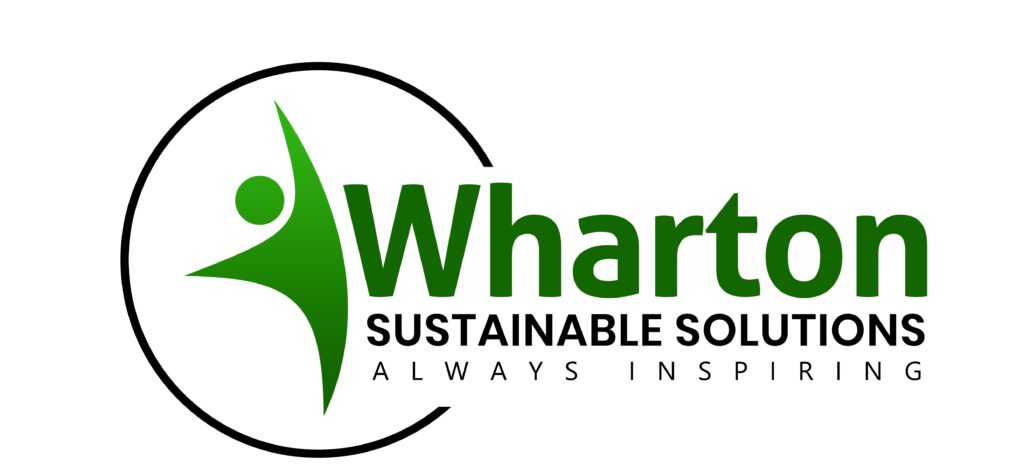Request a call back
Level 3 Award in Food Safety Management
Module Overview
Module Structure
Module 1: Introduction to Food Safety
• Overview of food safety regulations and standards
• Importance of food safety in preventing illnesses
• Historical cases and their impact on food safety regulations
Module 2: Microbiology and Food Contamination
• Understanding microorganisms and their role in foodborne illnesses
• Sources of contamination: biological, chemical, physical
• Common pathogens and their effects on health
Module 3: Food Handling and Hygiene Practices
• Personal hygiene: handwashing, clothing, and behavior
• Safe food handling practices: cleaning, sanitizing, and preventing cross-contamination
• Proper use of equipment and utensils to avoid contamination
Module 4: Hazard Analysis and Critical Control Points (HACCP)
• Introduction to HACCP principles and its application in food safety
• Identifying hazards and establishing control measures
• Case studies and practical applications of HACCP
Module 5: Food Safety Management Systems
Introduction to food safety management systems (ISO 22000, FSSC 22000, etc.)
Implementing and maintaining food safety standards in food production and handling
Auditing and continuous improvement in food safety practices
Module 6: Allergen Management and Special Diets
• Understanding food allergies and intolerances
• Labeling requirements and managing allergens in food production
• Catering to special dietary needs: gluten-free, vegan, etc.
Module 7: Food Safety Regulations and Compliance
• Overview of local and international food safety regulations (FDA, USDA, EU standards, etc.)
• Compliance requirements for food businesses
• Case studies on compliance and consequences of non-compliance
Module 8: Crisis Management and Response
• Developing a food safety crisis management plan
• Responding to food recalls and emergencies
• Communication strategies during food safety crises
Module 9: Emerging Trends and Technologies in Food Safety
• Innovative technologies in food safety (nanotechnology, blockchain, etc.)
• Predictive analytics and data-driven approaches for food safety
• Future challenges and opportunities in food safety
Assessment
• Assessment of practical skills through MCQ based exam
• Total Marks :100
• Passing Marks: 60
Training Duration: 7 Days
Training Mode: Virtual through Zoom App
Timing: Evening Training for Working Professionals
Certificate: Awarded by EOSH-UK within 30 days of completion of training Programs
